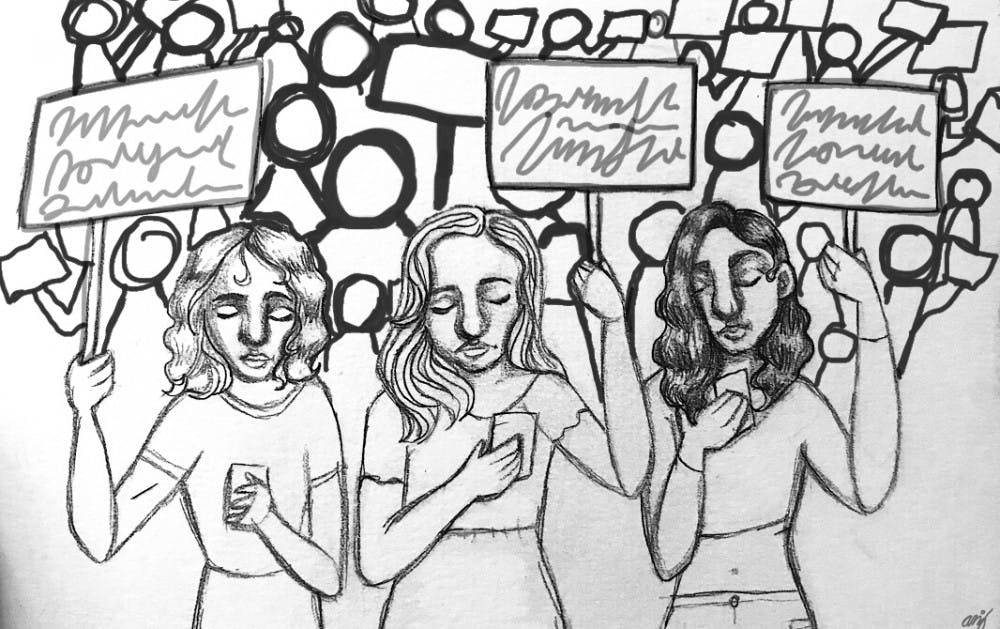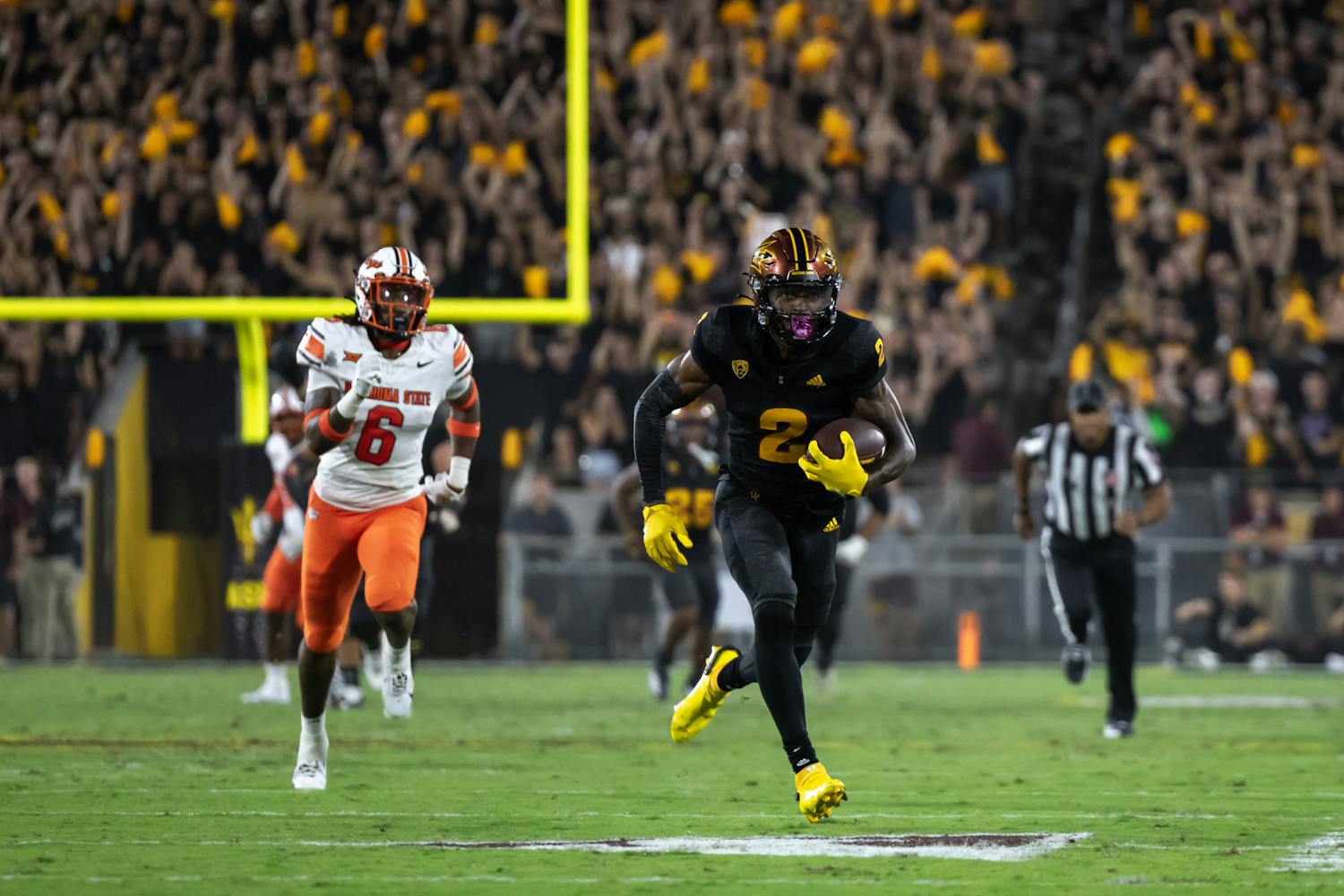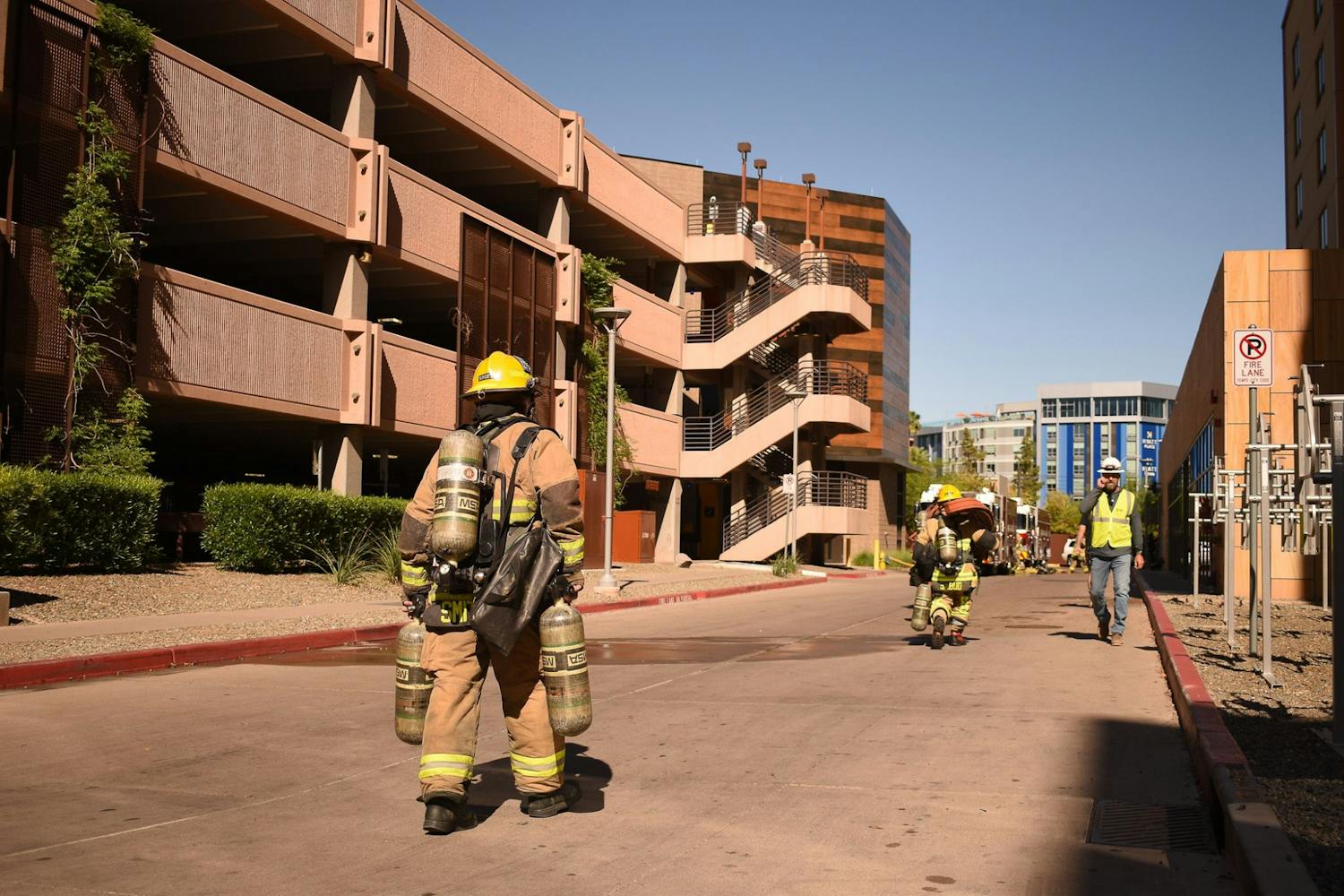Open Twitter. Like a tweet. And quickly, tweet out #womensmarch in support of the modern day women's movements. Then, exit the app and go on with the rest of the day.
In many cases, this is the route that college students may take when a plethora of social movements hits their Twitter feeds or while walking by student organizations tabling on campus.
Although social media is a powerful tool, it isn't always utilized as a tool for change.
Whether it be the March for Our Lives or menstrual equity, social change clearly takes more than 20 minutes spent online scouring various social platforms. For students leading or participating in social movements, it is important to be aware of the fact that consistent action, beyond online mobilization, is required for social change.
Especially considering that every day, students' rights are up for debate, and the majority of students are either Gen Z or Millenials, who are faced with social issues targeting their education, identity and more.
Students can volunteer, canvas, promote sustainability and lobby among other tactics to create change.
Barack Obama, in his farewell speech, said, "This generation coming up – unselfish, altruistic, creative, patriotic – I've seen you in every corner of the country. You believe in a fair, just, inclusive America; you know that constant change has been America's hallmark, something not to fear but to embrace, and you are willing to carry this hard work of democracy forward. You'll soon outnumber any of us, and I believe as a result that the future is in good hands."
It's easy to discount the generations that lead these social movements because they have quite a short attention span. According to Forbes, Millenials have an average attention span of a "whopping 12 seconds — and for Gen Zers, that number is an even more disappointing eight seconds."
But maybe we shouldn't discount the underlying sense of accountability embedded in the youth once they are a part of a social movement. This accountability can include consistent marching or meetings, which are important to creating and maintaining social change.
There are ASU organizations like Collegetown ASU, which hosts events to promote positive change at ASU, and Confetti, a group that seeks to bring awareness to the LGBTQIA+ community. There are also service opportunities, such as Devils in Disguise, that work to create social change.
Brionna Raum, an ASU junior studying human communication and film production, is the digital media director for the ASU organization Devils Spark Change. It is an alternative service club that takes students on trips over breaks throughout the school year. They have worked on social issues including domestic violence and immigration and have traveled to Prescott and Catalina Island.
For this semester's service trip, the club is working with the nonprofit, International Rescue Committee (IRC).
"There are so many students that come into ASU who have passion and have a lot of heart for ASU, but they may not know exactly how to best apply that or what the details are," Raum said. "We want to channel that into something constructive and give them the education."
Raum mentioned that the club's trips consider the passions and topics that students care about.
"We really do want to try to equip students with knowledge that will make them catalysts for change, and allow them to make educated statements about the issues that they're passionate about," Raum said.
She said the effects of putting action behind words is important from her perspective as a social media user.
"If you can put that into action, and you can make it a recurring thing in your life, where it's not just even one trip or even one day, but it's like 'I learned this thing on this trip and now this is how it changed my life,'" Raum said.
Younger generations have led great examples of effective mobilization, especially within the last few years. March for Our Lives and political advocacy are among the ways that youth movements have included social media and gone beyond the boundaries of these online platforms.
ASU students can work toward putting action behind their words in their everyday lives and not just when a hashtag is relevant. Vote, march, act.
Carry those actions and statements with you every day.
Reach the columnist at mfoxall@asu.edu and follow @mayafoxall on Twitter.
Editor’s note: The opinions presented in this column are the author’s and do not imply any endorsement from The State Press or its editors.
Want to join the conversation? Send an email to opiniondesk.statepress@gmail.com. Keep letters under 500 words and be sure to include your university affiliation. Anonymity will not be granted.
Like The State Press on Facebook and follow @statepress on Twitter.




